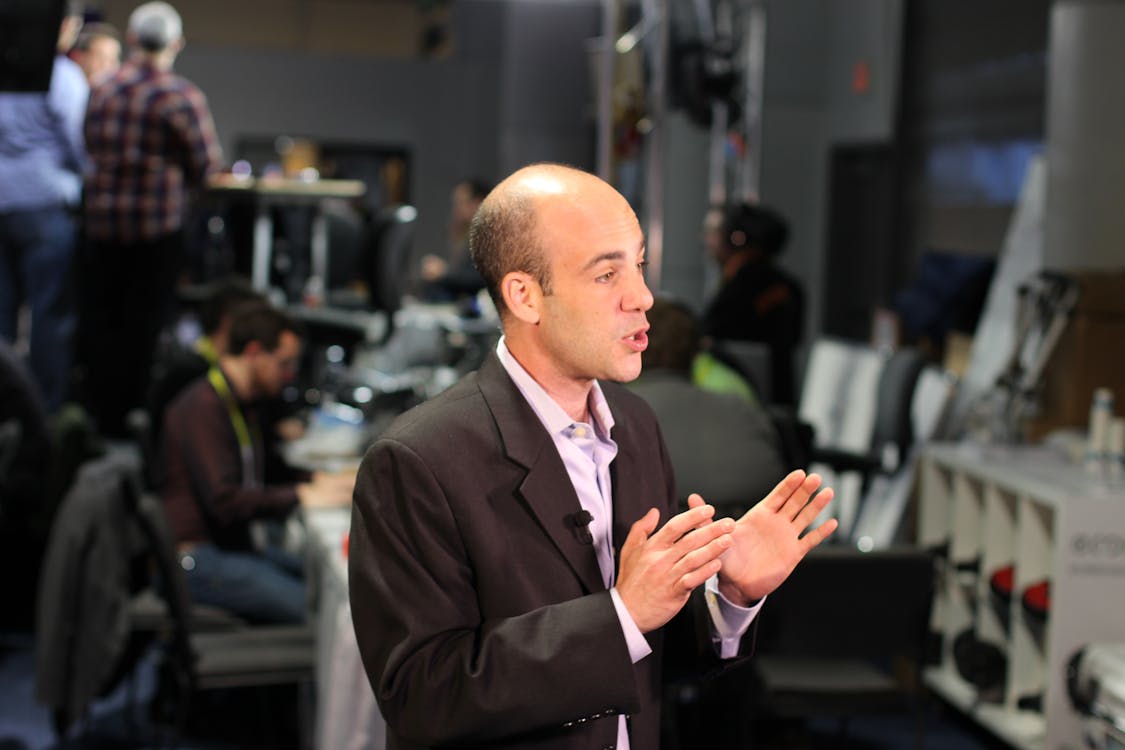
Contrary to what many people feel, public speaking is a classic example of a function learned through practice. Great speakers are made not born. As are just plain old good ones. And, of course, it’s an invaluable management and career skill.
I can speak from experience on the subject, having had minimal abilities to begin with, but improving over the course of a management career through trial and error and coaching and repetition. But don’t take it from me, an unremarkable retired Fortune 500 executive. Take it from the examples of this eclectic famous five: Warren Buffet, Winston Churchill, Tiger Woods, Julia Roberts and Hugh Grant. Five exceptional public speakers who share one attribute: All once dreaded the limelight. They all feared speaking in front of others.
If these five had public-speaking problems, why should anyone feel bad about having them? But they all overcame it and are fine examples of how it’s a skill that’s learned. In short, they’re five powerful reasons to realize speaking anxiety is entirely natural. And five powerful reasons to have confidence in your own ability to improve.
Warren Buffett - Today a wise and highly respected public speaker, Buffett was so uncomfortable with public speaking as a young man that he avoided college classes where he might be required to make presentations. At times early in his career he’d even throw up from pre-presentation nervousness. He credits taking a Dale Carnegie course (twice) and diligently practicing in a supportive environment with giving him confidence.
Winston Churchill – One of history’s greatest orators, whose stirring speeches of course lifted the spirits of a nation when it most needed it, Churchill wasn’t always preternaturally gifted in this regard. In fact, he originally had a lisp and was even known to freeze at a complete loss for words early in his political career. But over the years painstaking, meticulous practice transformed him – into the legendary orator whose speeches many still watch and learn from.
Tiger Woods – No matter what one’s feelings about the greatest golfer of our generation, as a pro he’s never shied away from the cameras, even in stressful times, and has always been at ease and articulate in front of them. Yet it wasn’t always that way. During childhood he had stuttering problems – a challenge he was able to overcome through hard work and practice. As a boy he even talked to his dog to help become more comfortable conversing with an audience, albeit a canine one!
Julia Roberts – Like Tiger Woods, Roberts too stuttered as a child, and although Roberts has been less outspoken on the topic than some of these other famous five, she has credited speech therapy with helping her speak more fluidly. It clearly worked, as today this Hollywood icon is as relaxed and graceful a public persona (photo above) as could be imagined.
Hugh Grant – Unlikely as it may seem, the smooth, charming English actor who’s seldom at a loss for words has admitted to panic attacks while filming “Music and Lyrics.” Grant has said he was helped during the filming both by anti-anxiety medication as well as a friend who explained to him it was only the adrenaline you need to be a good actor overacting a bit, and if he could just tone it down slightly he’d be OK – which ultimately he was. (Or, put another way, as a speech coach once described it to me, Everyone has butterflies, it’s all about getting them to fly in formation.)
My main point in all this being: If public speaking caused significant anxiety for these five, why should anyone feel bad about having it?
It’s a perfectly natural reaction to a legitimately stressful event.
If there’s a common thread running through these stories, it’s that practice, practice, practice is often the difference maker. Practice breeds competence, and competence breeds confidence.
If others can do it – and even succeed wildly in the process – you can too.


No comments:
Post a Comment